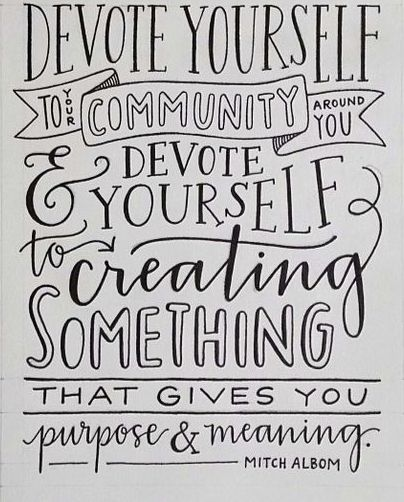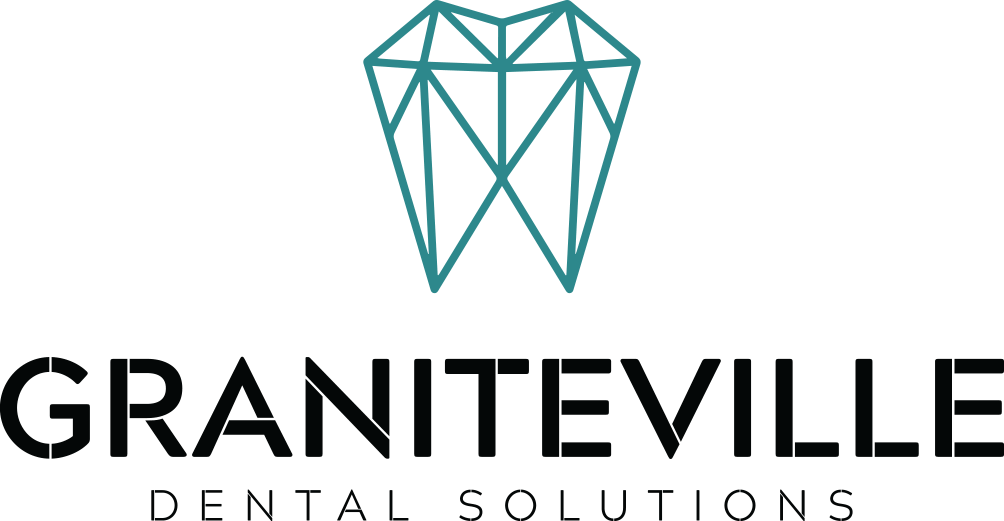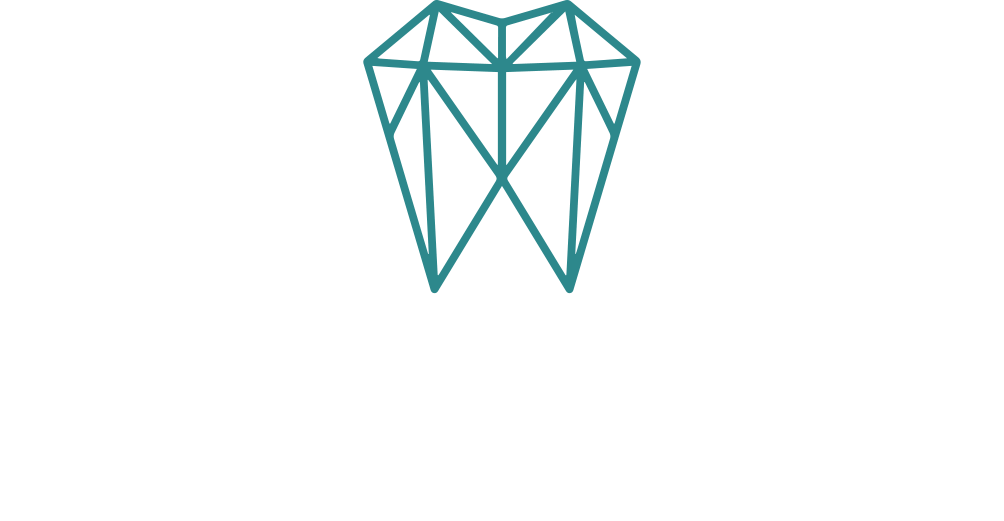The dental world is seeing dramatic changes, it is believed that nationally we have a shortage of dentists. Each year there are more dentists retiring then there are graduating dental school. Like any health industry, the increased complexity of healthcare is making it harder for young dentists to start their own dental practices. This, among other reasons has created an increase in “corporate dentists” or Dental Service Organizations (DSOs).
DSOs currently represent approximately 16% of all dental offices in the United States. DSOs are “corporate dentists” or chains run by larger organizations. These organizations offer administrative, staffing and marketing support to their dental offices throughout the country. The decision to open a location is a solid business decision based on facts, figures and potential for income.
Some reasons for the growth of DSOs include:

-
Practice business decisions are made at corporate vs. the dentist serving the area
-
New dental graduates with student loans upward of $250,000 or more find it difficult to open their own private practice. This makes DSOs very attractive to new dentists.
-
They enable dentists to work where they want. With many locations to choose from they can easily move to a more desired area without affecting their career.
A traditional or solo practice is a dental office that, often, is run and operated by local individuals. In some cases, lifelong residents of the area. The doctors, the staff and the practice are deeply entwined in the success of the community. The decision for a local dentist to open in a specific area is then heavily affected by personal preferences and requirements. It satisfies the need to support a community close to the heart, as well as their own families and loved ones.
That said, based on the competitive landscape, you may find that many private practices are run by more experienced, local, dentists.
When deciding what works best for you, consider these factors in picking your dentist:
-
How important is it for your dentist to feel an obligation to the community?
-
How much do you value the experience of your dentist?
If you’re answer is anything close to, Very important! Or Extremely important! Then the traditional practice is for you!
References: Dentistry Today

